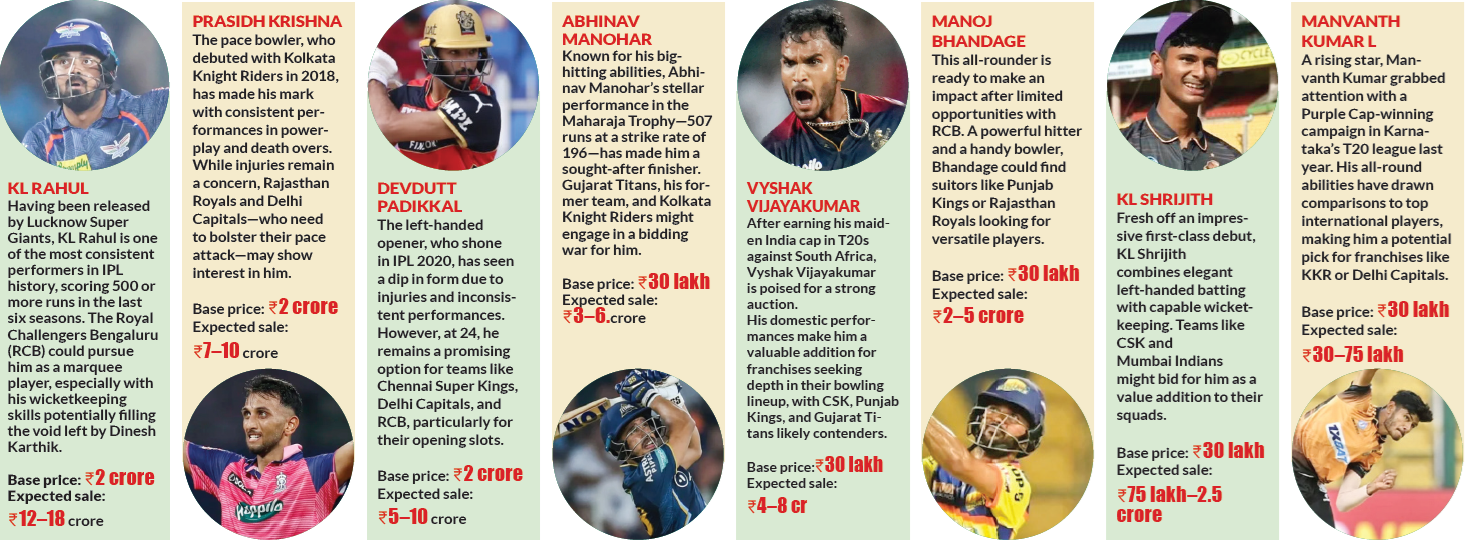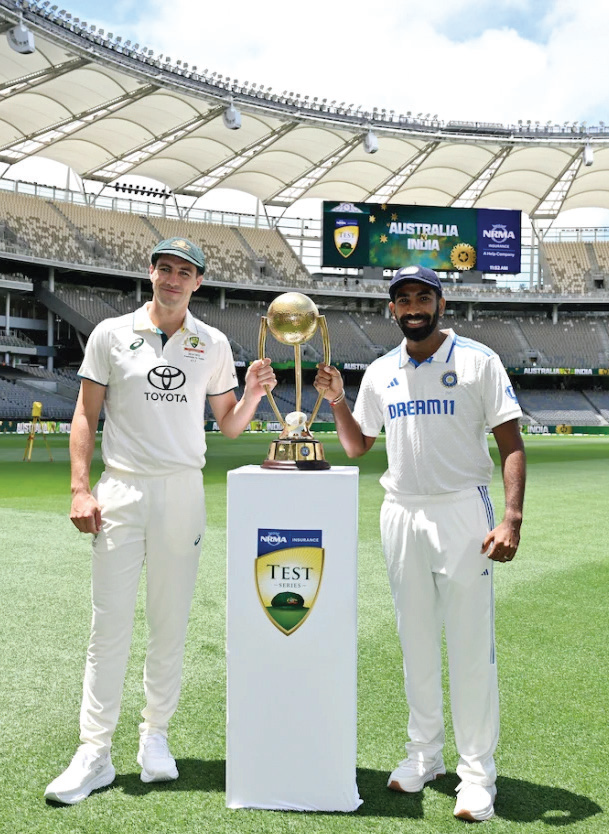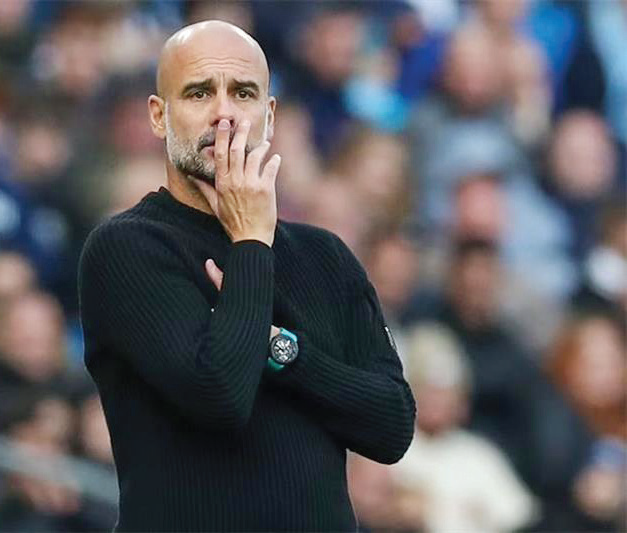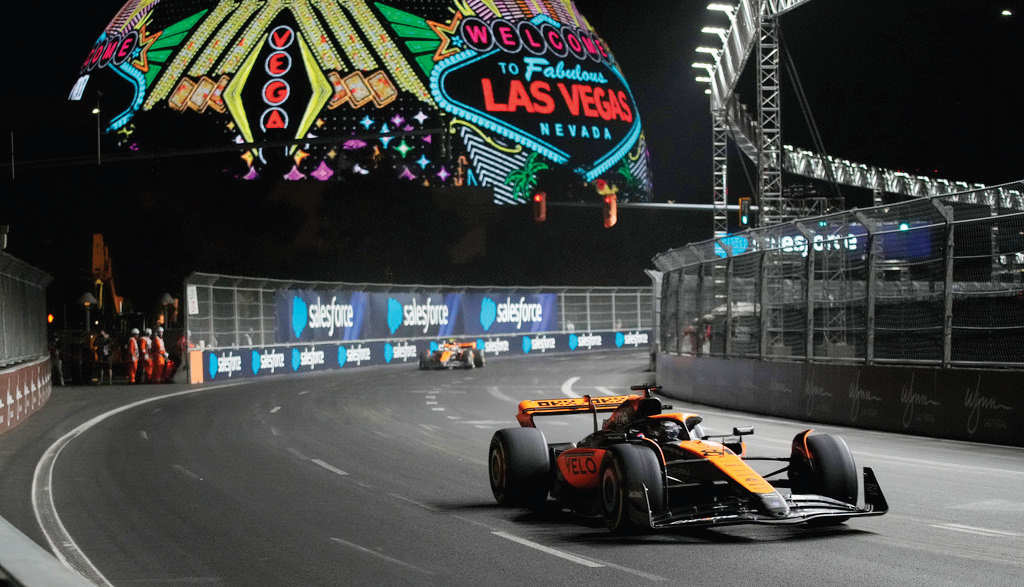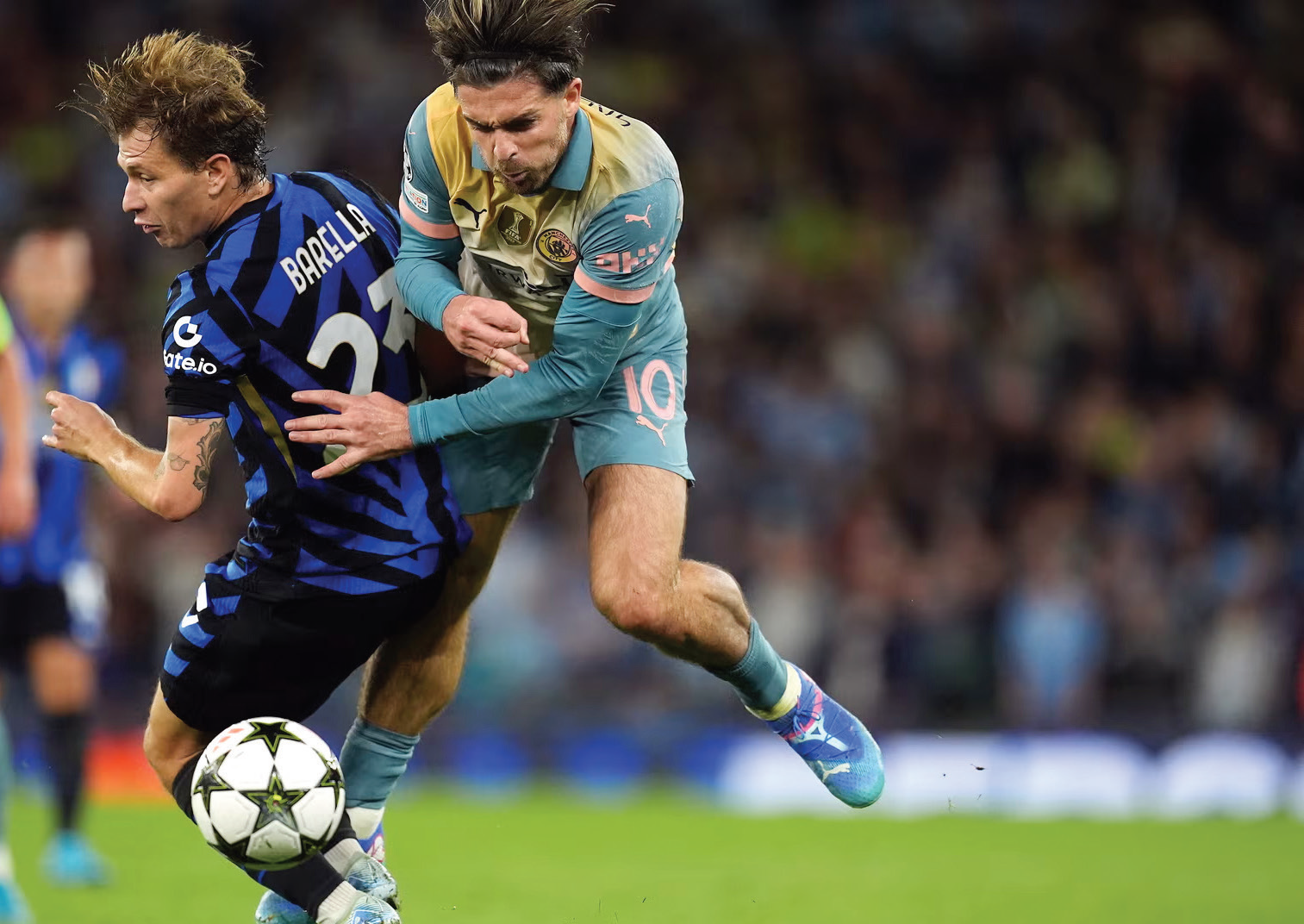
Uefa risks Champions League’s popularitypopularity
Ignacio Palacios-Huerta London: The year is 1991. The place, the University of Chicago. The person, Gary Becker, who just over a year later would become a Nobel laureate in economics. In a famous academic paper, he notes: “A popular seafood restaurant in Palo Alto, California, does not take reservations, and every day it has long queues for tables during prime hours. Almost directly across the street is another seafood restaurant with comparable food, slightly higher prices, and similar service and other amenities. Yet this restaurant has many empty seats most of the time," reports The Guardian. The question is why.
Why doesn’t the popular restaurant raise prices, which would reduce the queue for seats? Why doesn’t it increase supply (expand capacity) to reduce the excess demand and capitalise on its popularity? The answer is that doing that would probably not be optimal. It might be highly detrimental to the business. We see everywhere many goods and situations such as this restaurant. Successful plays in London, popular sporting events, crowded nightclubs, limited edition sneakers, art exhibitions and other businesses and activities do not increase supply to a point where supply meets demand. Many persist with the strategy of excess demand. Why wouldn’t it be optimal to produce a few more sporting events when they are successful? Becker’s insight is that these are “social goods”, meaning the consumers’ demand for the good increases with the demand of others. Individuals are more attracted to goods and services that others find desirable and people are more interested in something the more popular it is. Now, something funny happens in the economists’ basic supply?and?demand framework in these cases.
While we all know that demand typically decreases when price increases, when we have social effects demand will increase with prices in a certain range. Yes, we may want to consume more of a good the more expensive it is. The reason is simple. When we consume these goods, we are not only consuming the goods but also the popularity of the good. And the popularity increases with prices and excess demand. The well-known concept of a “multiplier effect” happens when the demand for popular goods and events creates a feedback loop. This can explain not only the puzzle about prices and the reluctance to increase supply of successful events, but also why consumer demand is often fickle, why it is much easier to go from being “in” to being “out” than from “out” to “in”. It is harder to increase popularity than to decrease it. Reputation takes time, but as popularity breeds popularity. This is relevant because the Champions League belongs in the category of successful social goods, in fact of very successful goods. Few can imagine a more successful competition involving the world’s most popular sport. And this competition is clearly a social good.
If I buy a football ticket, you can also buy one and we will enjoy the game more. If I watch it and you watch it too, we can talk about it tomorrow in the office, and the day after tomorrow. Let’s go to the pub to watch the game. Interactions within the family are of course a prominent place to share the consumption of the sport.
 English daily published in Bengaluru & Doha
English daily published in Bengaluru & Doha

